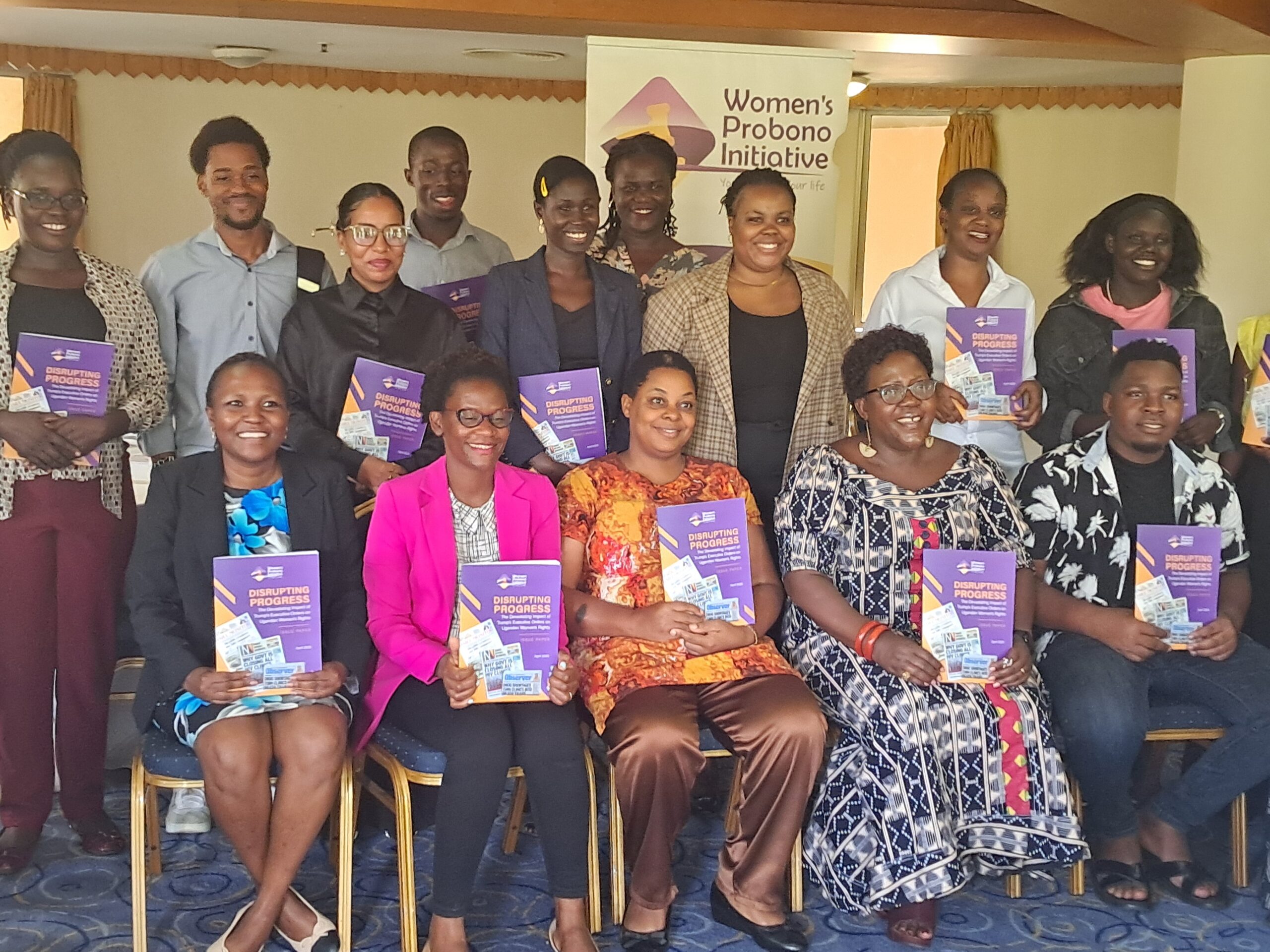
 Mama FM
Mama FM

 Mama FM
Mama FM
17 May 2025, 12:51 pm
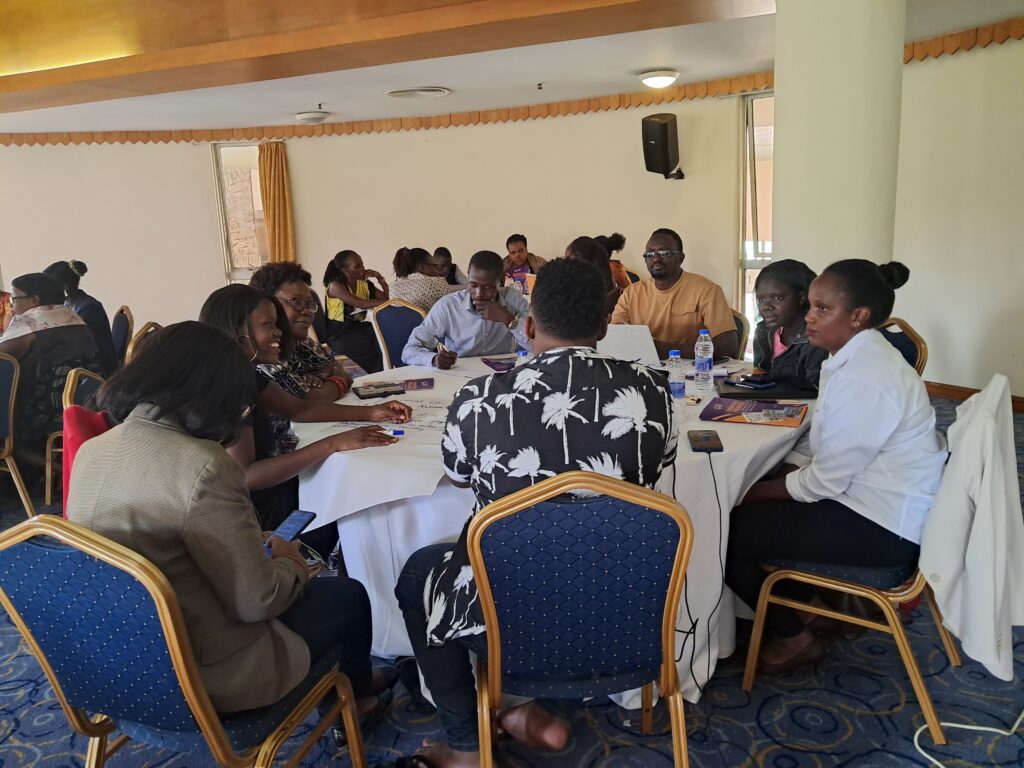
By Nakato Annet
Uganda continues to feel the ripple effects of executive orders issued by former US President Donald Trump, which led to the suspension of funding to multiple countries. Among the hardest hit is Uganda, where vital sectors such as health, education, and programmes supporting sexual and reproductive health and rights (SRHR) have suffered severe setbacks.
The impact of these cuts is being borne by the most vulnerable: women, girls, and people living with HIV/AIDS. Many health facilities have closed, and essential services, particularly HIV treatment, are no longer freely available. Patients who once relied on free antiretroviral drugs (ARVs) are now forced to purchase them, placing a life-saving necessity beyond the reach of many.
Before the funding cuts, US assistance played a significant role in Uganda’s health sector. In 2016 alone, USAID allocated over $227 million, largely supporting HIV/AIDS care, family planning, and maternal and child health. By 2022, PEPFAR was providing antiretroviral therapy to more than 1.3 million Ugandans. The sharp reduction in support has left a critical gap, raising serious concerns about how those dependent on these services are managing today.
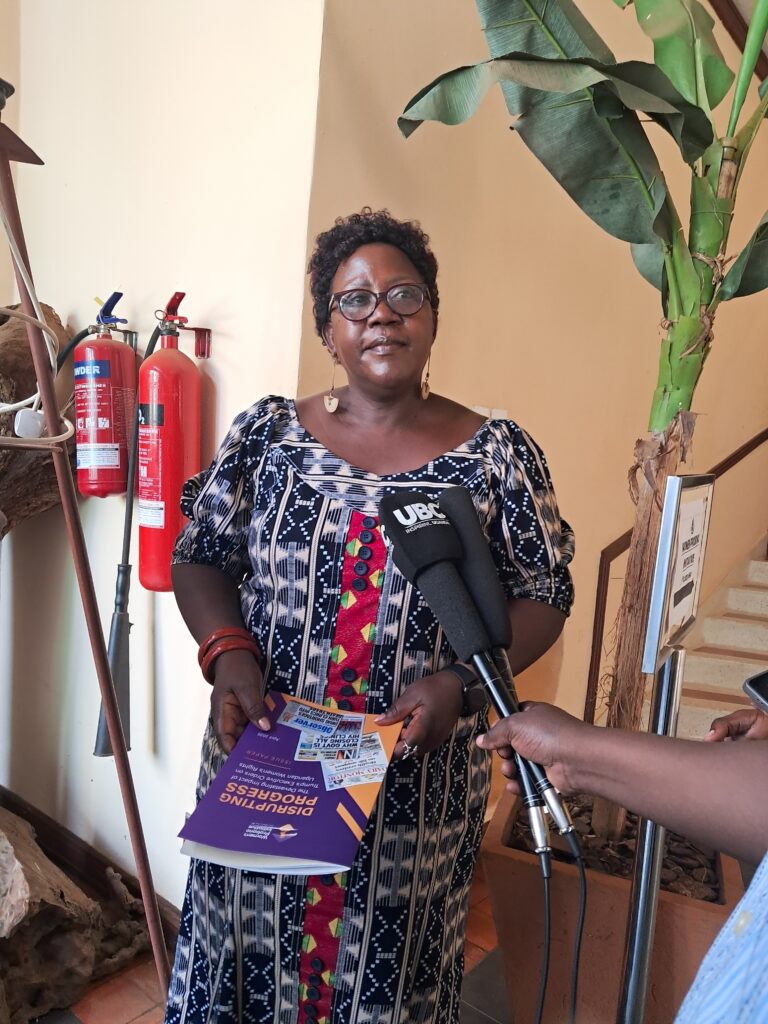
At the dissemination of the issue paper in Kampala, Professor Josephine Ahikire of Makerere University urged the Ugandan government to reallocate resources from extravagant, non-essential expenditures to key sectors such as health and education. She emphasised that addressing internal inefficiencies could help mitigate the impact of external funding cuts.
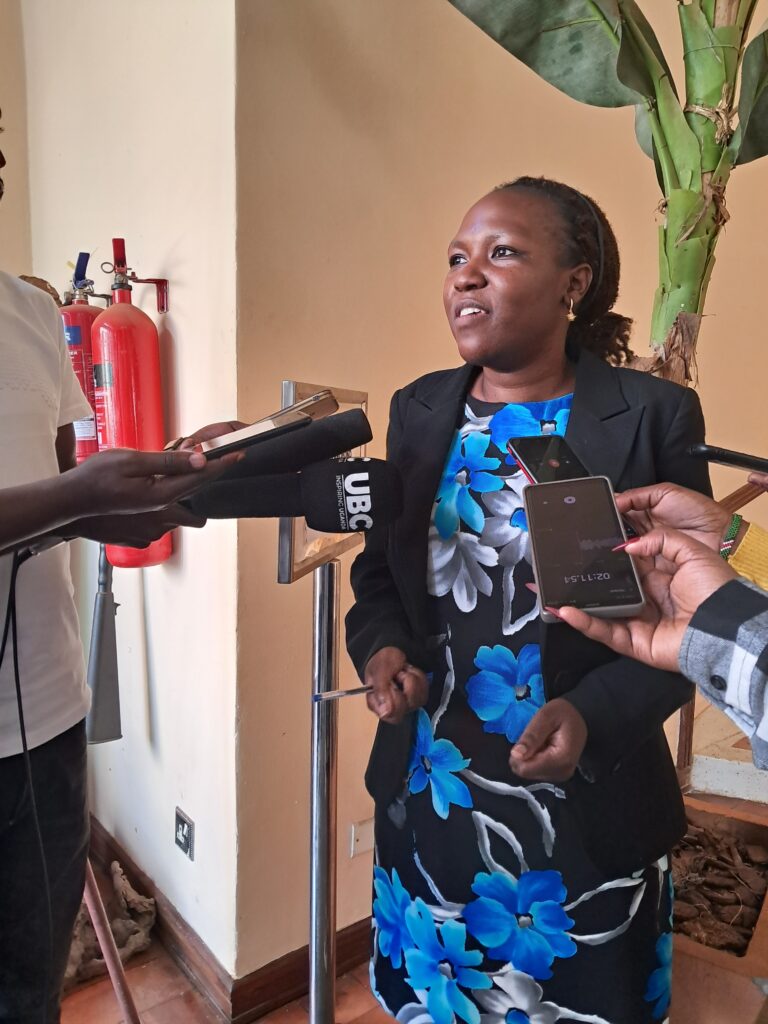
Rose Wakikona, Deputy Director at the Women’s Pro Bono Initiative, highlighted that 90% of Uganda’s ARV supply was funded by PEPFAR and the Global Fund—both heavily supported by the U.S. “People are going to die,” she warned, “because they no longer have access to ARVs.” She criticised the government’s slow response, noting the absence of any supplementary health budget despite ongoing discussions in Parliament.
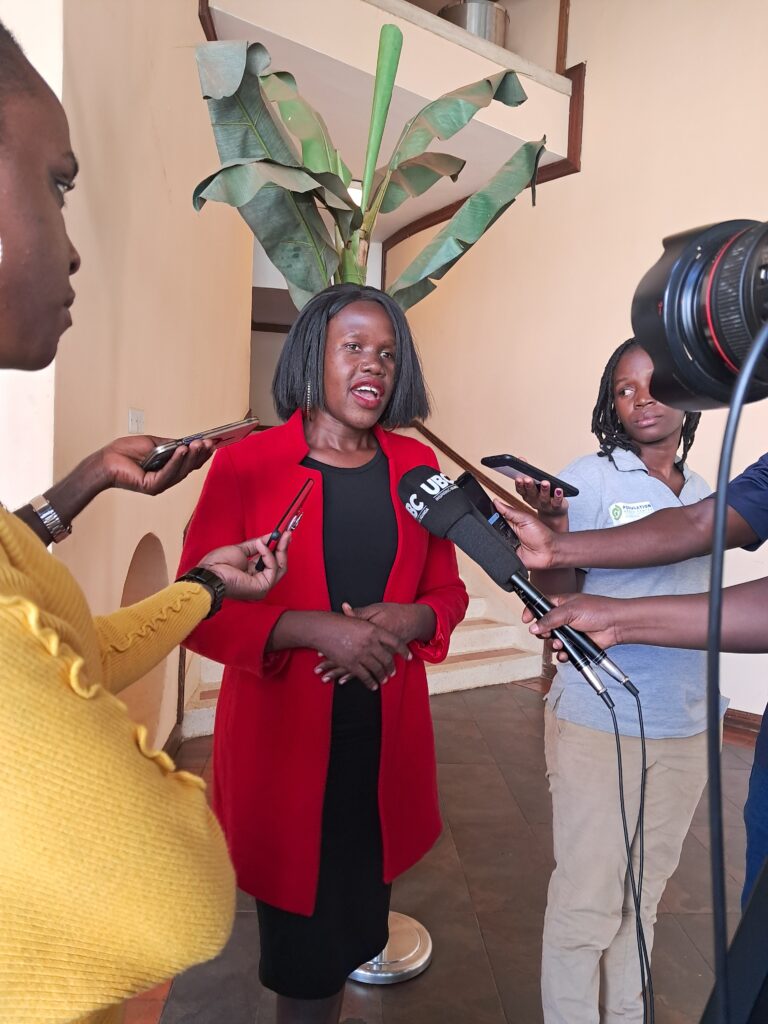
Michelle Alum from Acts101 Uganda added that the cuts have also stalled progress in HIV prevention research. Promising technologies, including the vaginal ring, PrEP, PEP, and Lenacapavir, were either halted or rendered unusable due to expired regulatory approvals. “The future of prevention in Uganda has been thrown into uncertainty,” she said.
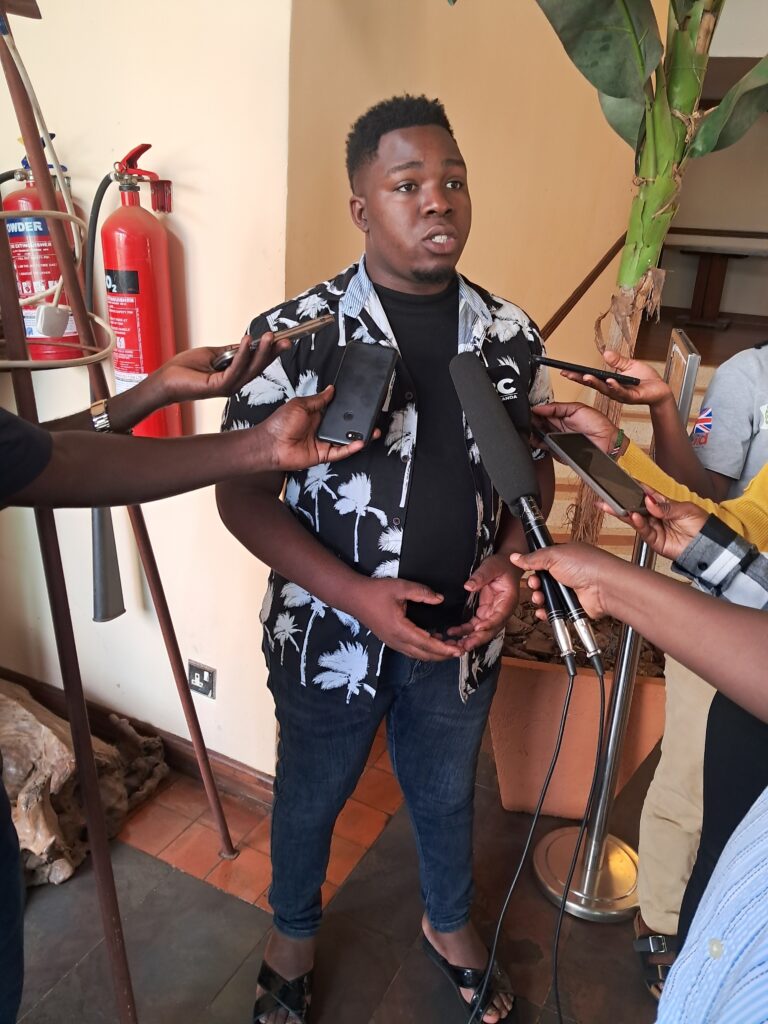
Pius Kennedy Kiggundu, Programme Director at the Africa Queer Network, echoed these concerns. While his organisation has sought to adapt, the executive orders have caused significant harm. “Our programmes and operations have been crippled,” he said, “and the beneficiaries are suffering.”
As Uganda grapples with these challenges, stakeholders are calling for bold and immediate action to bridge the funding gaps and safeguard the lives and rights of its most vulnerable populations.